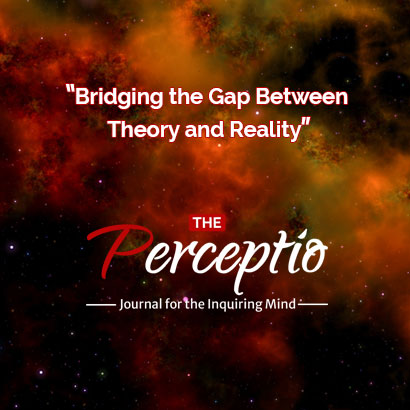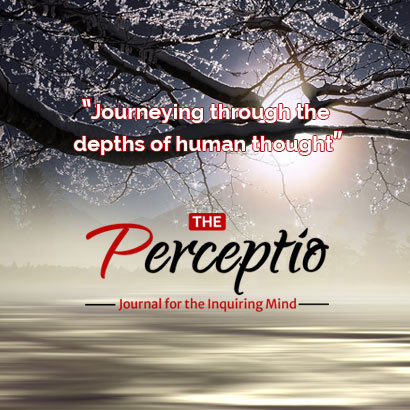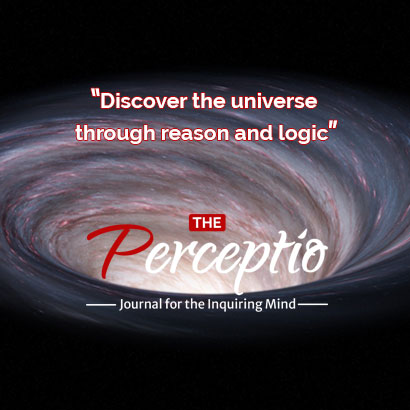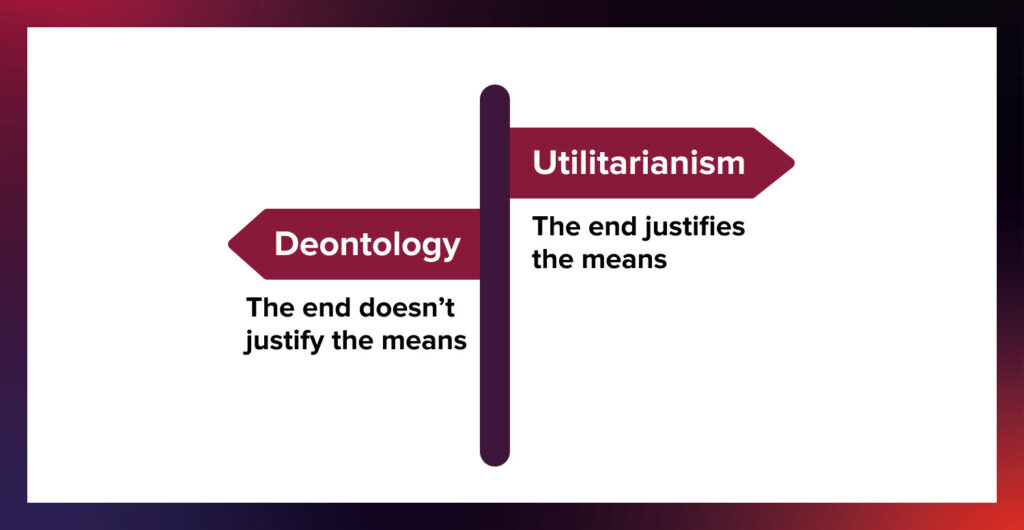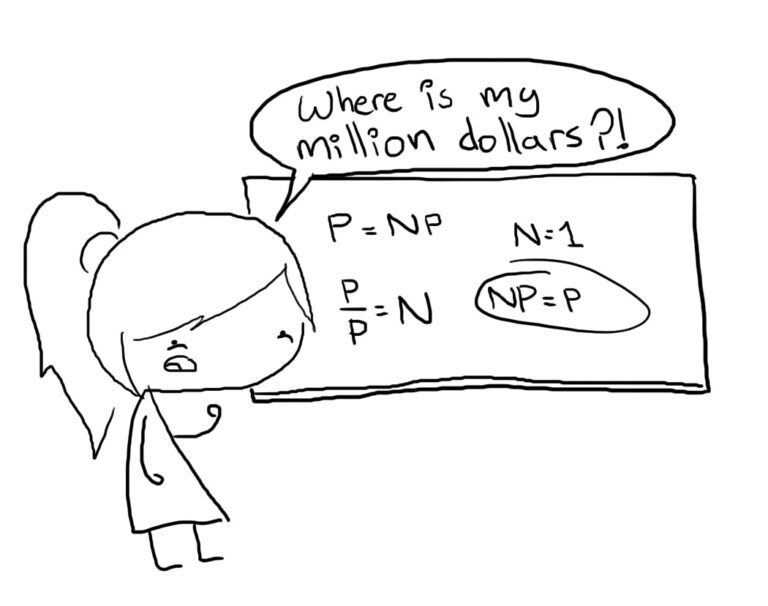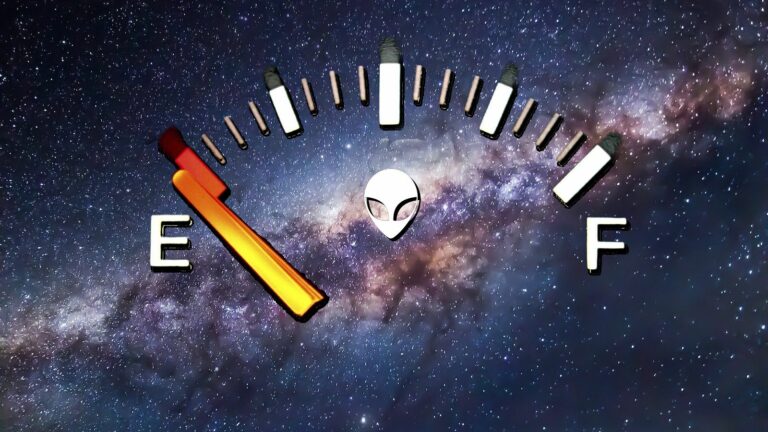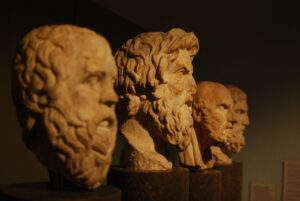Introduction: Utilitarianism vs. Deontology
Ethical dilemmas often leave us questioning the fundamental principles that guide our moral decision-making. Two prominent ethical theories, utilitarianism and deontology, offer distinct perspectives on what is right and wrong. In this philosophical exploration, we will embark on a journey to unravel the complexities of these theories, provoke thought, and leave you with a profound understanding of the philosophical landscape of ethics. Let’s venture into utilitarianism vs. deontology.
Utilitarianism: The Pursuit of the Greater Good
Utilitarianism, as espoused by figures like Jeremy Bentham and John Stuart Mill, asserts that the morally right action is the one that maximizes overall happiness or well-being. In essence, the end justifies the means. This theory requires us to assess the consequences of our actions and choose the path that leads to the greatest good for the greatest number.
Imagine a classic trolley problem scenario. You’re standing at a lever, and you must decide whether to divert a runaway trolley to a track where it will harm one person instead of five. Utilitarianism would argue for sacrificing the one to save the five, as it maximizes overall happiness. But does this straightforward calculation do justice to the complexities of moral decision-making?
Deontology: The Duty of Moral Principles
Deontology, on the other hand, champions the view that some actions are inherently right or wrong, regardless of the consequences. Immanuel Kant, a leading proponent of deontological ethics, believed in the importance of moral duties and universal principles. According to this theory, it is our duty to act in accordance with these principles, irrespective of the potential consequences.
In the trolley problem, a deontologist might argue that intentionally diverting the trolley to harm one person is morally wrong, regardless of the overall outcome. This perspective demands a strict adherence to moral principles, raising questions about the role of individual rights and the limits of our ethical duties.
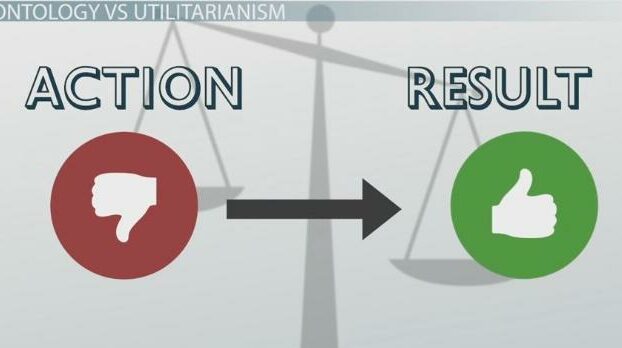
The Ethical Crossroads: Where Worlds Collide
Utilitarianism and deontology, despite their differences, intersect in their quest for the greater good. Yet, they diverge fundamentally in the methods they advocate for achieving this end. This tension between consequence-based and principle-based ethics underscores the complexity of ethical decision-making.
Consider the case of autonomous vehicles. A utilitarian approach might prioritize minimizing overall harm, even if it means sacrificing the occupants of the vehicle to save pedestrians. Deontology, in contrast, may argue for a strict adherence to the vehicle occupant’s rights, even at the cost of greater harm to others. The collision of these philosophies raises profound questions about the design and programming of AI systems and the role of ethics in technology.
Conclusion: Embracing Ethical Complexity
In the world of ethics, there are no easy answers. The rivaling viewpoints of utilitarianism vs. deontology offer compelling frameworks for approaching moral dilemmas, each with its strengths and weaknesses. As we navigate an increasingly complex and interconnected world, these theories challenge us to think deeply about the moral choices we make, individually and collectively.
Ultimately, the choice between utilitarianism and deontology may not be a binary one. In real-life scenarios, we often find ourselves weighing the consequences while respecting moral principles. The profound impact of these ethical theories lies in their ability to inspire debate, provoke thought, and push us to consider the nuances of our moral compass.
In the end, the beauty of ethics lies in its ambiguity. It is the very nature of this ambiguity that compels us to continually question, evaluate, and refine our ethical beliefs. As we conclude this exploration of the battle of Utilitarianism vs. Deontology, we invite you to embrace the ethical complexity that surrounds us, and to recognize that in the pursuit of the greater good, the path to a moral world is rarely straightforward. It is in this quest for understanding and moral growth that we find the true essence of ethical philosophy.
For more posts on Ethics, visit: Ethics Posts.
For more information on Utilitarianism vs. Deontology in medical ethics , refer to: “Deontological or Utilitarian?” by National Library of Medicine.
